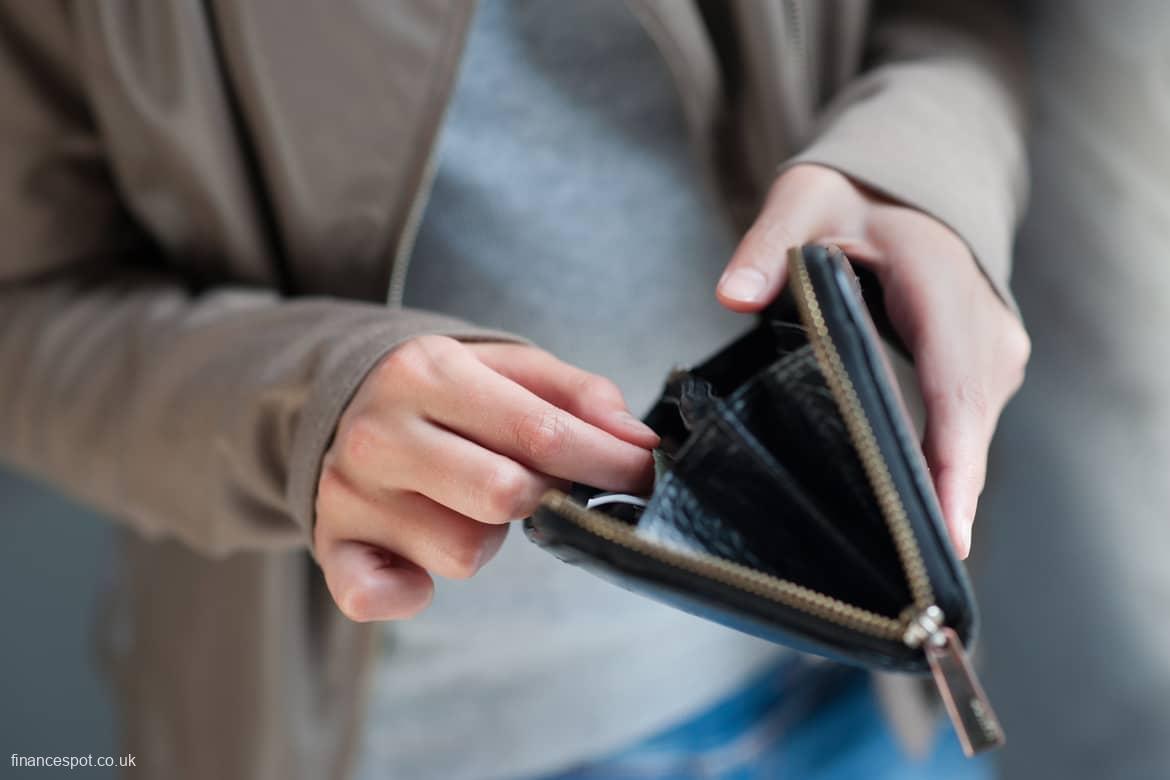We may not be able to predict the future, but we can at least make plans for coping with whatever is thrown at us. We can do this by establishing an emergency fund to provide some financial security should it be needed.
Your emergency fund can be created for unexpected purchases, such as medical emergencies, home repairs, or losing your job. However, building up an emergency fund can be challenging, especially if you are on a low income.
The outbreak of COVID-19 was a sharp reminder of the need for having an emergency fund. However, around 50% of all Brits had no savings built up when the pandemic struck.
Although it may seem difficult to achieve, you can establish an emergency fund. Here are five steps to get you started
1. Establish a Budget
Tracking your income and expenditure will let you know how much money you’ve got and what you’re spending it on. Focusing on your expenditure will allow you to identify unnecessary spending habits, and you might be surprised at where your money is going.
Once you’ve identified where you can make cut-backs or eliminate spending altogether, you can create a budget that helps you build an emergency fund. Once you’ve got this budget established, you must stick to it.
2. Cut-Back or Eliminate Unnecessary Spending
Your investigation during the previous step should have highlighted areas of unnecessary or discretionary spending. These areas are where you can make cut-backs or eliminate spending on them completely. You may be spending unnecessarily on the following:
- Dining out.
- Extravagant gifts.
- Subscriptions.
- Not using free alternatives.
- Posh coffees.
- New clothes.
- Over-use of your car.
The savings you make from these items can go into your emergency fund.
3. Sell Your Spare Stuff
As well as making savings, you can boost your emergency fund by having a de-cluttering session and selling stuff you no longer need. Clothes, books, CDs, DVDs, and pretty much anything else can be turned into emergency fund money through sites like eBay or Gumtree.
4. Stash Away Cash Windfalls
If you come into some cash from a windfall, cash gift, or one-off bonus payment, then think about stashing that into your emergency fund. Try to think of it as cash you would not have had and saving it rather than an excuse to treat yourself.
5. Earn Extra Income From A Side-Hustle
Starting a side-hustle to earn extra money means you can live off your primary income and save whatever you make on the side. You could deliver food, babysit, do some gardening, or some other part-time job. You won’t need any up-front cash, so you can get started straight away.
Where Should You Build Your Emergency Fund?
It isn’t crucial what location you choose to build your emergency fund. What you should consider is having immediate access to funds should you need them at short notice. Remember, the reason for an emergency fund is to cover unexpected costs, so you will need to get hold of your money quickly.
A current account or an easy-access savings account are two places that you might want to consider. With easy-access savings accounts, you can get hold of your money whenever you wish without any penalties. Despite interest rates being at an all-time low, you would still benefit from using a savings account.
What is for sure, keeping your cash stashed away at home is not recommended. You risk losing it or spending it, as it is too easy to get at, for you or someone else!
How Big A Fund Do You Need?
The answer to this question depends on various factors, and it will differ in every person’s situation. The Money Advice Service advises that you should have sufficient funds to cover around three months’ of essentials, including rent, food, and utilities.
When you start to save for your emergency fund, three months’ worth of expenses might seem an unachievable goal. However, getting started is the hard bit, and even putting away a small amount each month will soon build your fund.
Conclusion
None of us know what is around the corner, so it is advisable to have some reserve funds for emergency purposes. Get started on building your fund, stick a little bit of cash away each month, and make sure you avoid dipping into it. Soon, you’ll have some financial protection in the event of an emergency.

